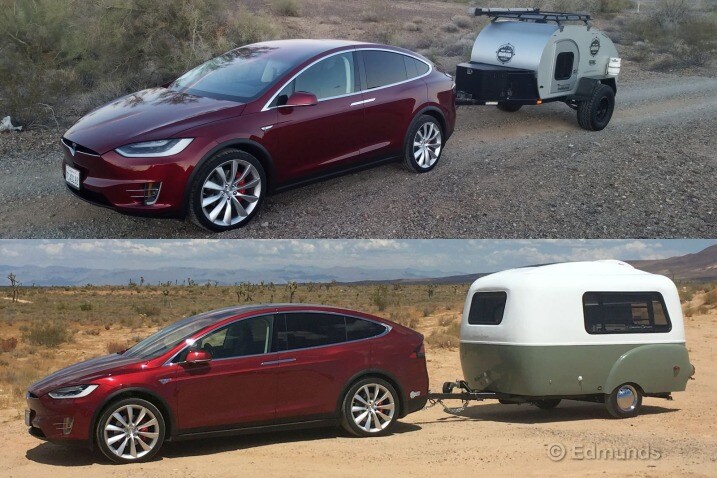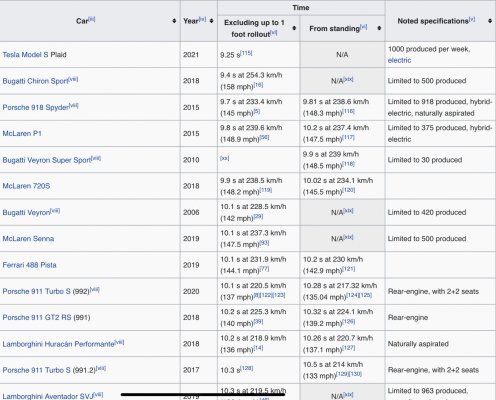OK, a pure EV related question (well, Tesla related anyhow):
I just haven't kept track lately, but I think it's fair to say that when it comes to Tesla, Elon has way over-promised in many areas (while delivering in many others). I've lost track of what the release dates and past promises look like for The Tesla Pickup and Semi. Can anyone give a summary of those?
I'm just curious about the Semi in general, and how they will be supported when they need a Mega Charger for fast charging. I assume they will be limited at first to routes where they can charge overnight?
And how many Tesla pickup buyers will be interested in towing? Yes, the battery weight and low end torque give the EV pickup an advantage, but I've also seen some analysis of how towing really, really cuts the range down.
While it seems counter-intuitive at first, the very fact that EVs are very efficient at getting energy from the batteries to the ground actually makes the range impact of towing more extreme than the inefficient ICE. Wait, I thought efficiency was good, right? Yes, but with little waste, adding the extra demand from towing means none of it comes from any wasted power. If 90% efficient across a wide range of loads, then doubling the load means near doubling the energy requirement.
But for the wasteful ICE, some of the wasted energy is fixed, independent of load (idling for example). And an ICE is actually much more efficient at full load than at low load (see Brake-specific fuel consumption - BSFC), so the waste (as a %) goes down as the load increases. Sure, fuel consumption increases, but not as much relative to demand.
I saw one video of someone towing with a Model S (IIRC - edit, no towing for an S, must have been an X or Y)), using it max or near max tow capacity. It was an extreme example to illustrate, but I think range was cut in half. Having to stop and charge every 100 miles could be challenging in a lot of places people might want to do some towing.
Anyone have an opinion if that's going to keep a significant % of potential Tesla pickup buyers away?
TIA - ERD50


